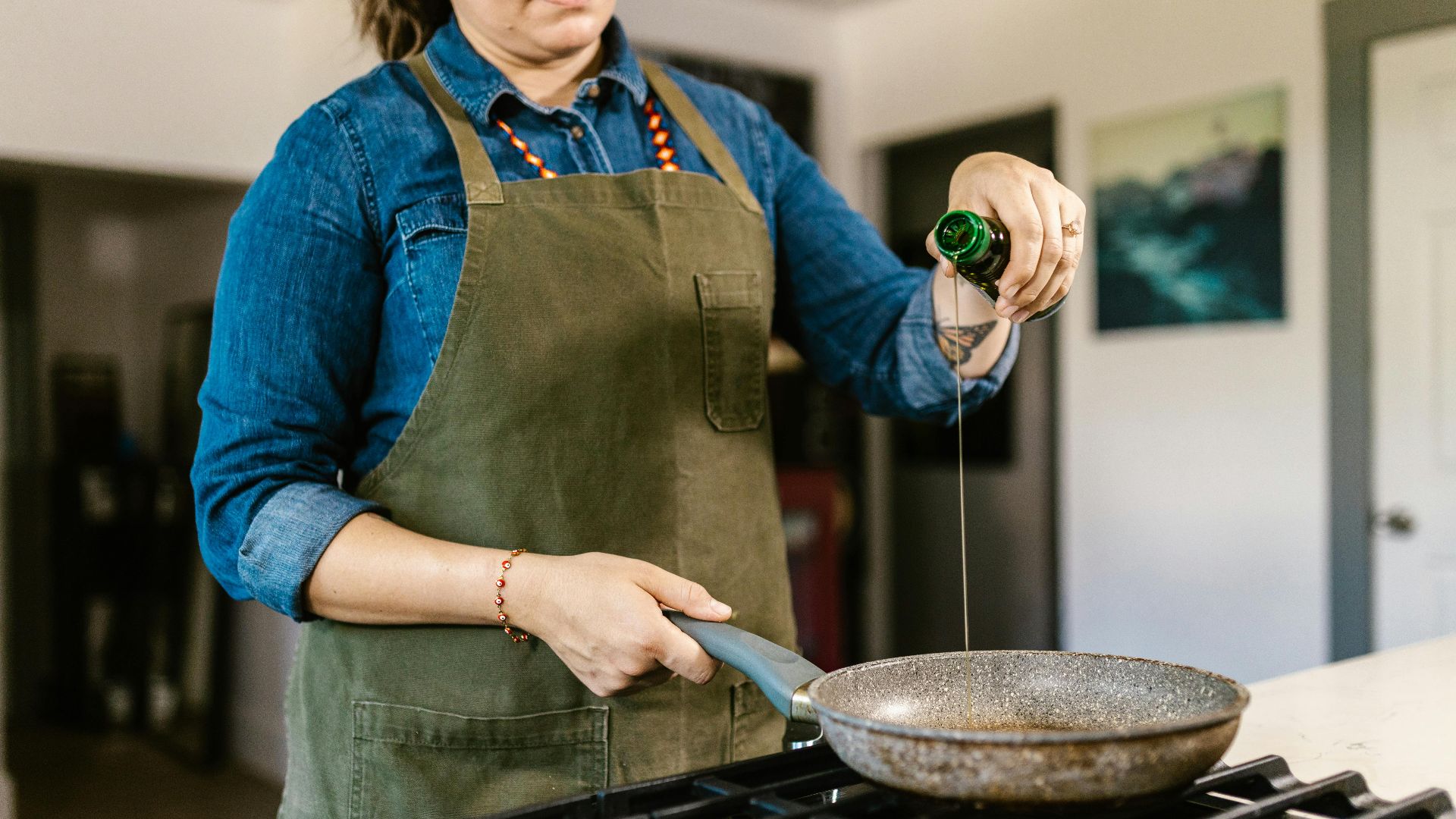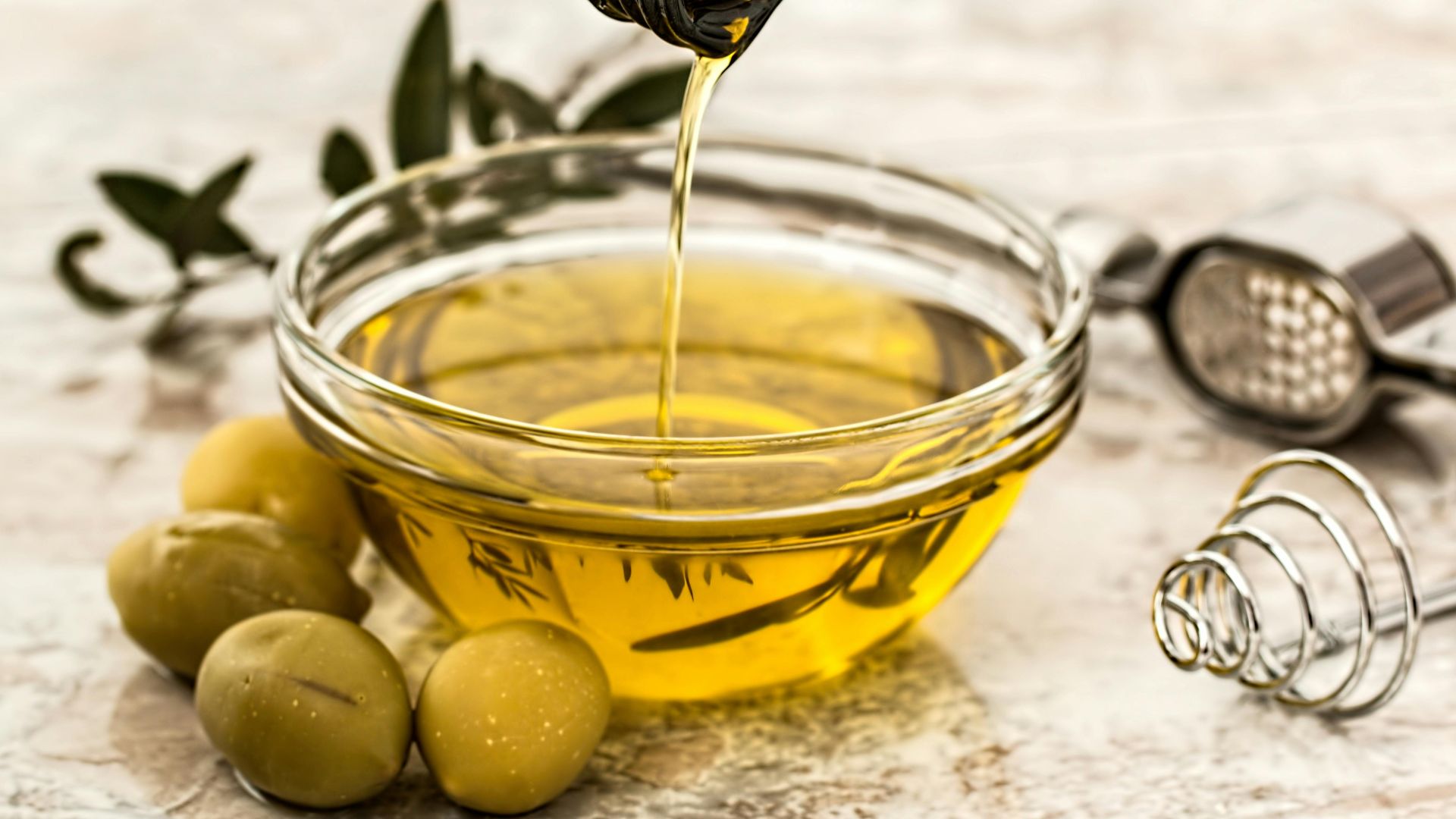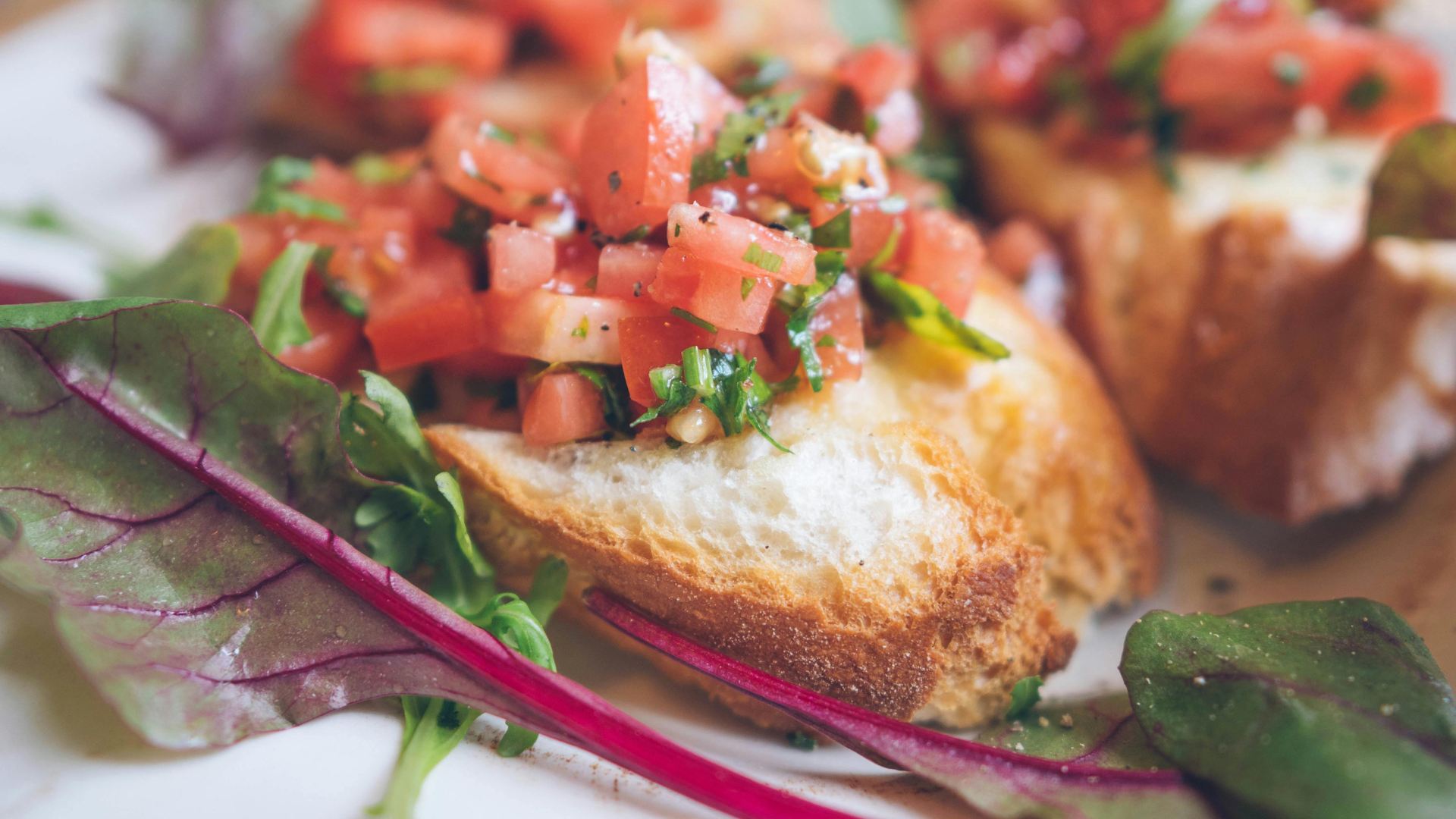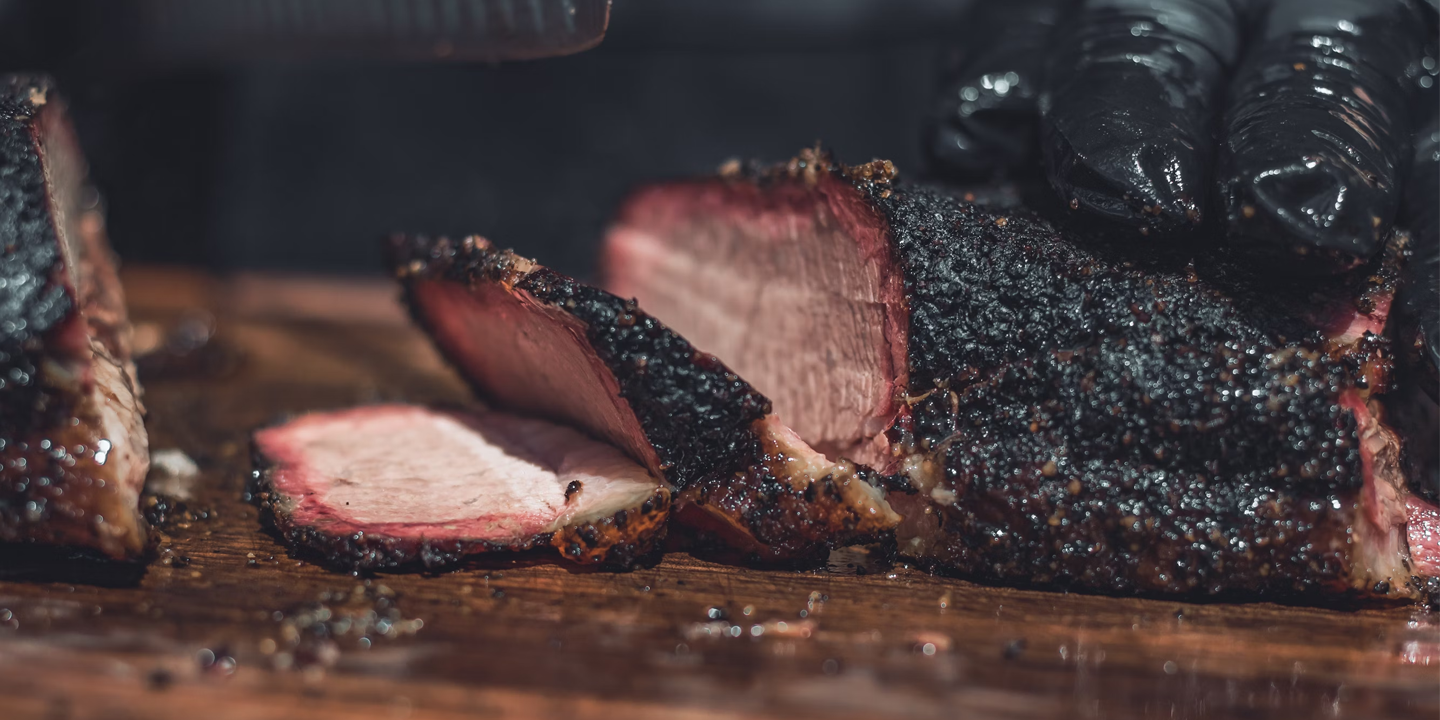Should You Cook With Olive Oil? Why Some Are Moving Away From It
For decades, olive oil has been the golden standard of “healthy fats.” It sits proudly on kitchen counters, featured in Mediterranean diets, wellness blogs, and even skincare routines. But recently, more home cooks and nutrition experts have begun rethinking its place in the pan. Is it still the healthiest choice for cooking, or is olive oil finally losing its shine? Let’s take a closer look before you drizzle another drop.
What’s Really Happening When You Heat Olive Oil
Olive oil earned its reputation because it’s rich in monounsaturated fats and antioxidants, which can help lower bad cholesterol and support heart health. The trouble starts when you turn up the heat. Every oil has a smoke point—the heat level at which it starts to break down and release compounds that affect flavor and nutrition.
Extra virgin olive oil, the most nutrient-rich variety, has a relatively low smoke point compared to options like avocado or refined sunflower oil. When overheated, it can lose some of its antioxidants and develop a bitter taste. Prolonged exposure to high heat also causes minor oxidative damage, although the risks are small for typical home cooking. Still, these concerns have made many cooks reach for alternatives, especially when searing meat or stir-frying at high temperatures.
Why Environmental Concerns Are Stirring Change
The olive oil industry has its own set of environmental challenges that go beyond the kitchen. Olive trees thrive in Mediterranean climates, which have been increasingly affected by drought and rising temperatures. In places like Spain, Italy, and Greece—the world’s biggest producers—prolonged dry seasons have led to smaller harvests and stressed ecosystems.
Large-scale olive farming also requires significant water, and intensive production can degrade soil over time. In some regions, the push for mass production has even replaced diverse farmland with monoculture groves, which reduces biodiversity and increases vulnerability to pests.
Then there’s the packaging. Olive oil usually comes in glass bottles, which are recyclable but heavy to ship, leading to a higher transportation footprint compared to lighter plastic alternatives. None of this means olive oil is an environmental villain, though. It’s still more sustainable than many animal fats, yet it’s not as low-impact as its “natural” image suggests.
The Bottom Line RDNE Stock project on Pexels
RDNE Stock project on Pexels
So, should you stop cooking with olive oil? Not necessarily. It’s less about cutting it out entirely and more about using it thoughtfully. Olive oil remains one of the most versatile and flavorful oils available, especially for low- to medium-heat dishes or cold applications like dressings and dips. You might even use olive oil for sautéing vegetables.
The shift isn’t about canceling olive oil—it’s about context. Understanding how heat affects its nutrients and how production impacts the environment helps you make smarter choices in the kitchen. Use it where it shines, and reach for alternatives when the recipe calls for more heat.








